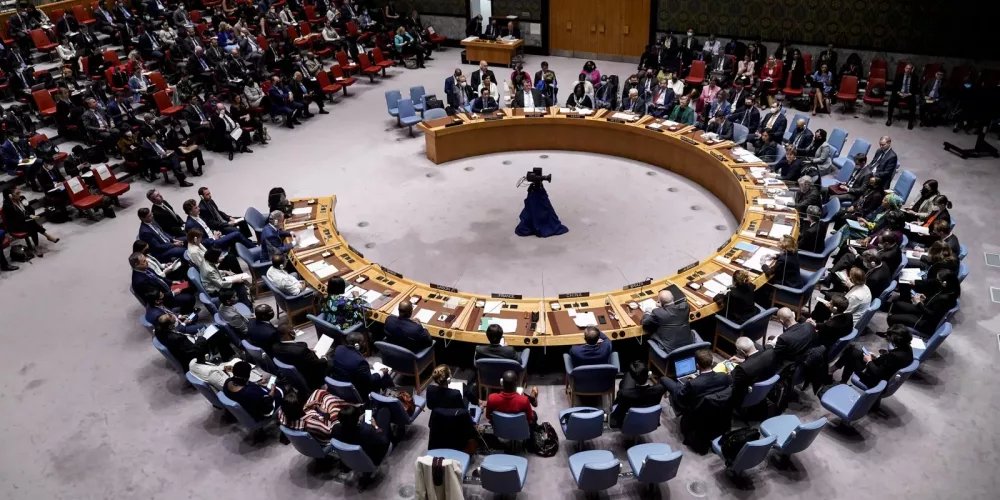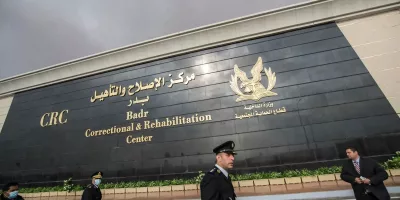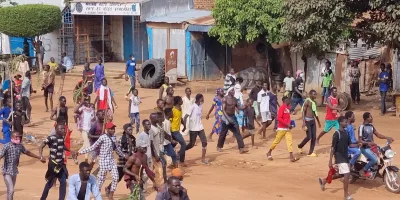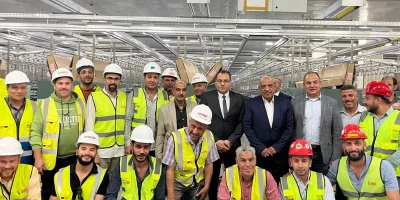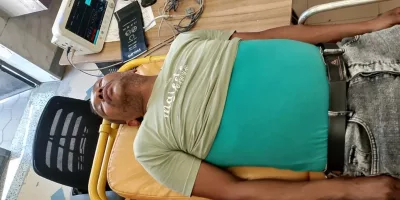The “Committee for Justice” (CFJ) stated that UN fact-finding missions play a pivotal role in documenting severe human rights violations and identifying those responsible, especially in conflict zones like Sudan. These missions serve as essential tools in investigating crimes and violations, gathering evidence and testimonies from victims and witnesses, and documenting systematic abuses such as arbitrary killings, torture, and attacks on civilians.
Through their independent and accurate reports, these missions help provide a clear picture of the situation on the ground, supporting transitional justice efforts and laying the groundwork for holding those responsible accountable before international courts. They also offer psychological and legal support to victims and work towards ending impunity, paving the way for justice in the near future.
This statement came after the Human Rights Council in Geneva approved the extension of the mandate of the UN Independent Fact-Finding Mission on Sudan. The council voted with a majority of 23 votes in favor of the extension, while 12 voted against and 12 abstained. This decision comes amid increasing violence and worsening human rights violations in Sudan.
The UN Human Rights Council first decided to establish the independent fact-finding mission on Sudan during its 47th session in July 2021 in response to the deteriorating humanitarian situation and escalating violence in the country. This decision followed serious human rights violations, including mass killings, torture, sexual violence, and attacks on civilians during the conflict between government forces and other armed militias. The primary goal of establishing the mission was to investigate these crimes, document them, and identify those responsible to ensure they do not escape accountability and to achieve justice for affected victims.
Since its creation, the mission has played a pivotal role in collecting evidence and testimonies from various affected regions in Sudan. It has conducted independent investigations into ongoing violations against civilians and focused on documenting crimes that violate international humanitarian law and human rights, including indiscriminate attacks on residential areas and sexual violence crimes against women and children. The mission has presented periodic reports to the Human Rights Council, detailing its findings and recommendations on how to address these crimes, including strengthening transitional justice mechanisms and providing assistance to victims.
The reports presented by the mission have also helped shed light on the actors involved in committing these crimes, contributing to building a strong foundation for international accountability. CFJ, through its reports, has called for concrete steps to ensure the protection of civilians, the provision of necessary humanitarian aid to those affected, and achieving justice for victims by bringing those responsible for violations to international or national criminal justice. These reports have become an important reference for the international community in understanding the extent of suffering endured by the Sudanese people and the challenges facing the justice system in Sudan.
Furthermore, the mission recommended the need to reform Sudan’s judicial system to ensure fair trials for those responsible for violations, emphasizing the importance of providing legal and psychological support to victims. In one of its reports, the mission highlighted that the widespread and systematic violations committed by the conflicting parties could only be addressed through combined international and local efforts to support transitional justice and strengthen the rule of law.
Thanks to the effective role played by the Fact-Finding Mission in highlighting these crimes, the Human Rights Council was able to take further steps to ensure the continuation of the mission’s work and extend its mandate to follow up on developments on the ground. This extension was crucial to continue gathering vital evidence and presenting it to international courts and relevant UN bodies, reinforcing the international community’s efforts to end impunity and ensure justice in Sudan.
Earlier, CFJ participated in discussions on the draft resolution to extend the mandate of the “Fact-Finding Mission” on Sudan, calling for enhanced protection and support for human rights defenders and lawyers documenting violations on the ground. In its intervention, CFJ stressed that resources allocated for political advocacy are significant, while efforts to support human rights defenders and lawyers are noticeably lacking. The committee questioned how the fact-finding mission could obtain accurate and reliable information if local organizations and human rights defenders cannot work effectively, emphasizing the need to strengthen paragraph PP 9 to ensure strong protection for these activists, enabling them to continue their vital efforts in Sudan.
Additionally, before the decision was approved, the UN Human Rights Council made important amendments to Article 21 of the draft resolution regarding the Sudan Fact-Finding Mission, in response to a recommendation made earlier by CFJ, as part of international efforts to ensure ongoing investigations in Sudan align with international human rights and humanitarian law standards.
The original text of the article stated: “We welcome the declared commitment of the Sudanese authorities to investigate atrocities and prosecute those responsible, as appropriate, through independent national accountability efforts, to investigate crimes and violations of national law and international humanitarian law, and urge the implementation of these commitments.”
CFJ recommended an urgent amendment to ensure that any actions taken by internal investigation committees in Sudan fully comply with international law. CFJ proposed that the article should read: “We welcome the declared commitment of the Sudanese authorities to investigate atrocities and prosecute those responsible through independent national accountability mechanisms and urge the immediate implementation of these commitments. We remind all parties that any actions undertaken by national investigative committees must fully comply with international human rights and international humanitarian law standards to ensure these efforts contribute to a credible, transparent, and impartial justice process.”
The committee expressed deep concern about the ongoing violations it documented, whether at the level of the public prosecutor’s office or the judicial system, making it necessary to strengthen the legal text to ensure Sudan’s adherence to international standards. CFJ noted that recent violations have targeted human rights defenders, amidst government actions that violate fair trial standards and undermine the credibility of the judicial system.
For all these reasons, CFJ widely welcomed the Human Rights Council’s approval of the decision to extend the work of the Independent Fact-Finding Mission on Sudan, affirming that this step is crucial in the pursuit of justice and accountability for the grave human rights violations that have occurred in the country.
CFJ also emphasized the importance of providing all forms of material, logistical, and technical support to the Fact-Finding Mission to ensure its ability to carry out its tasks efficiently and effectively. This support includes providing it with the necessary resources to collect and analyze evidence and testimonies, and enabling it to work safely on the ground.
Finally, CFJ asserted that enabling the mission to carry out its work would directly contribute to holding individuals and entities involved in committing violations accountable and laying the foundation for establishing a comprehensive justice system in Sudan. This will pave the way for achieving justice and accountability and restoring confidence in the judicial system on both national and international levels.

